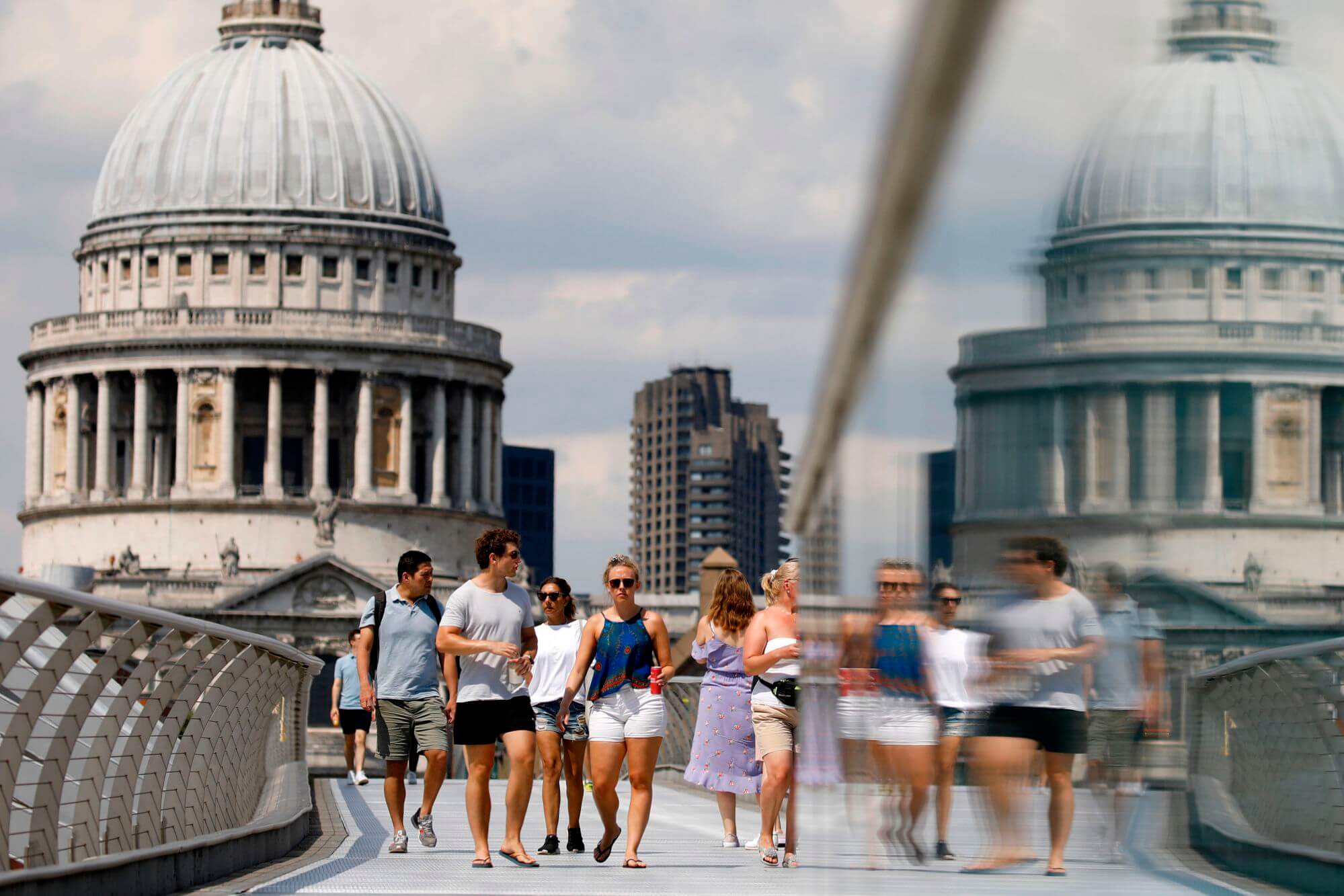
Speculations Hits around UK Economy Moving After Lockdown
Bank of England chief economist Andy Haldane last week described the UK economy as a ‘coiled spring’ waiting to rebound just as soon as lockdown restrictions are eased. But is it a spring like the one on which Zebedee from the Magic Roundabout used to bounce around, or is it like a Slinky, the toy you place at the top of the stairs and watch, fixated, as it furls and unfurls itself right down to the bottom?
Haldane, it is fair to say, sees it much like the former. He describes the economy as full of ‘pent-up financial energy’. While the bank sees lockdown number three causing output to fall by 4.2 per cent in the first quarter of 2021, thereafter it sees a steady recovery. Part of the evidence it cites is a survey it published last August which showed that many households reduced their spending during the first lockdown even though their personal income had not fallen. It found that in April and May last year 28 per cent of households said their income had decreased, 8 per cent said it had increased and 65 per cent said it was unchanged. On spending, however, 57 per cent of households said it had decreased, 19 per cent said it had increased and 24 per cent said it had stayed the same.
That shows a distinct disparity between income and expenditure not entirely surprising given that the shops, restaurants and theatres were closed. It suggests that many people may now be sitting on a pile of savings that they did not have this time last year. But it is a bit of a jump from that to asserting that these households are going to go out and splurge these savings as soon as they are allowed. The Bank of England’s reports didn’t identify which households have been amassing savings over the past year, but it is all-too-likely that the savings have been accumulating in the bank accounts of people who have a tendency to save and invest their money while the type of people more inclined to spend their money are the ones whose incomes have been most affected by the pandemic.
The Bank of England also identified that one in five households were in financial difficulty by last August. This week, the Resolution Foundation estimated that half a million homebuyers are in mortgage arrears. For all the savings sloshing around in some people’s bank accounts, there are a great number of people who are not going to be able to resume their previous lifestyles. They will have lost employment and built up debts. If the money that has been saved continues to flood into stock markets and property markets as it has been doing over the past few months, it is not going to do the High Street much good.
Moreover, is the Bank of England really sure that shops, pubs and restaurants are going to be open in time for the second quarter? That may have seemed likely at one point, but the chances are receding by the week as the government and its advisers take a precautionary stance. As for the tourism industry, that has been closed down virtually altogether for the foreseeable future thanks to the new hotel quarantine rules.
There will inevitably be some kind of bounce as the economy reopens, and it is true that there was a 16 per cent bounce in GDP during the third quarter of 2020 (having shrunk by 20 per cent in the second quarter). But are people going to make up for their missed expenditure? If you have been putting off buying a new car you might well seize the chance to visit a showroom again. But if it was your habit to go to the theatre and eat out once a week before the crisis, are you really going to start doing those things three times a week to catch up on what you have missed? On the contrary, people will have got out of the habit of doing certain things. Those habits are not necessarily going to spring back soon.
But if they did, there would be an awful lot of money chasing a shortage of goods and services. Many businesses made it through the first lockdown, but they won’t necessarily make it through this one. Shops, restaurants, hotels may not open their doors again. So if the punters did come flooding back there would be a shortage of capacity.
It makes me think that, while the economy will recover to some extent, the thing that will really bounce is not GDP but inflation.

